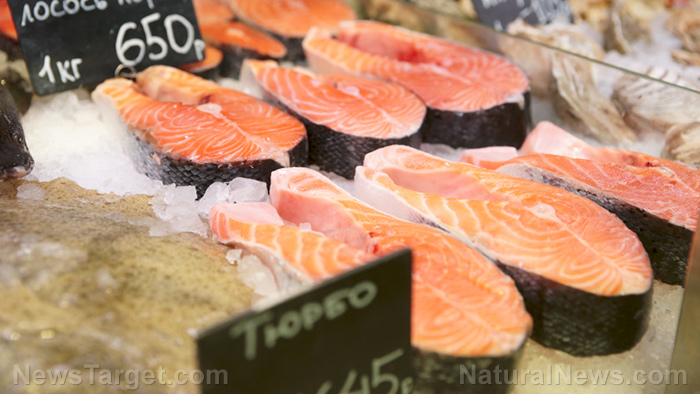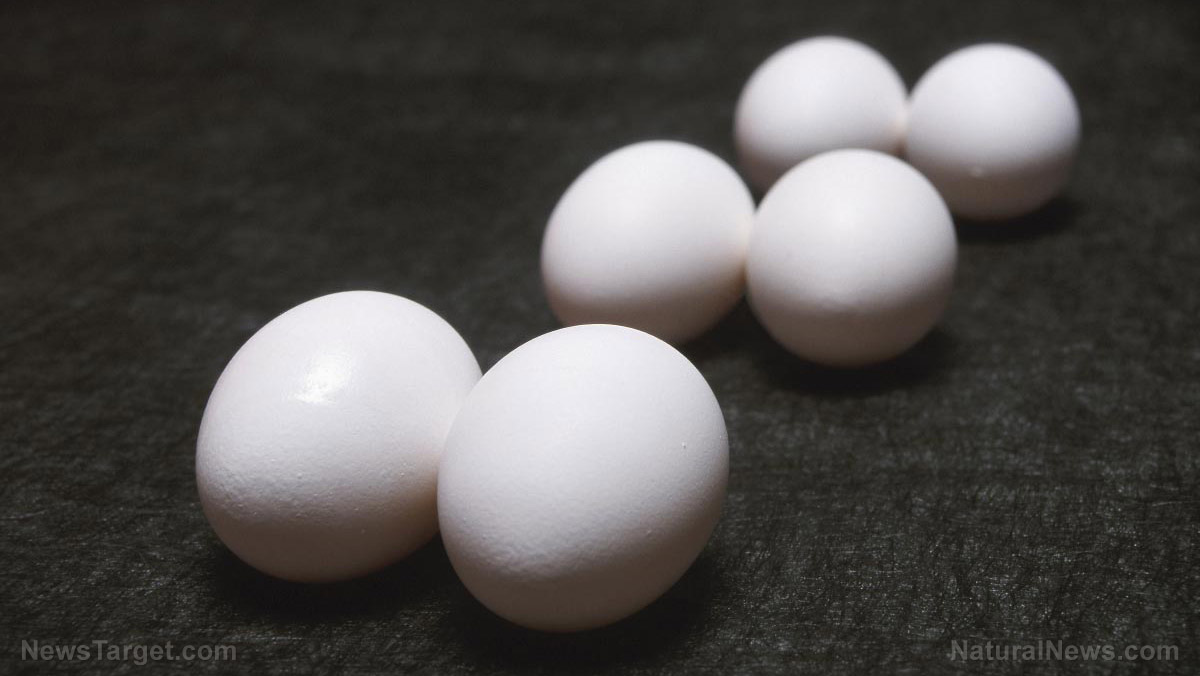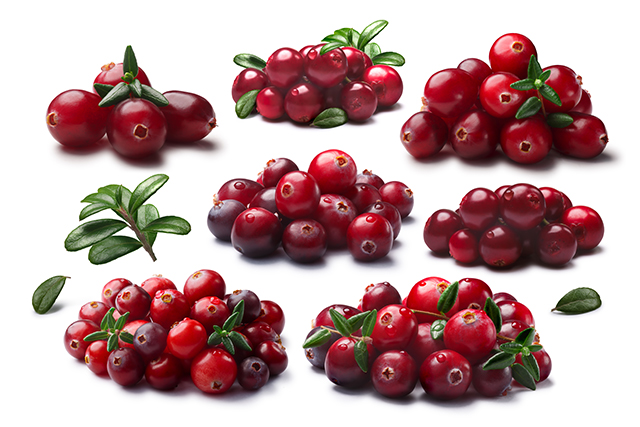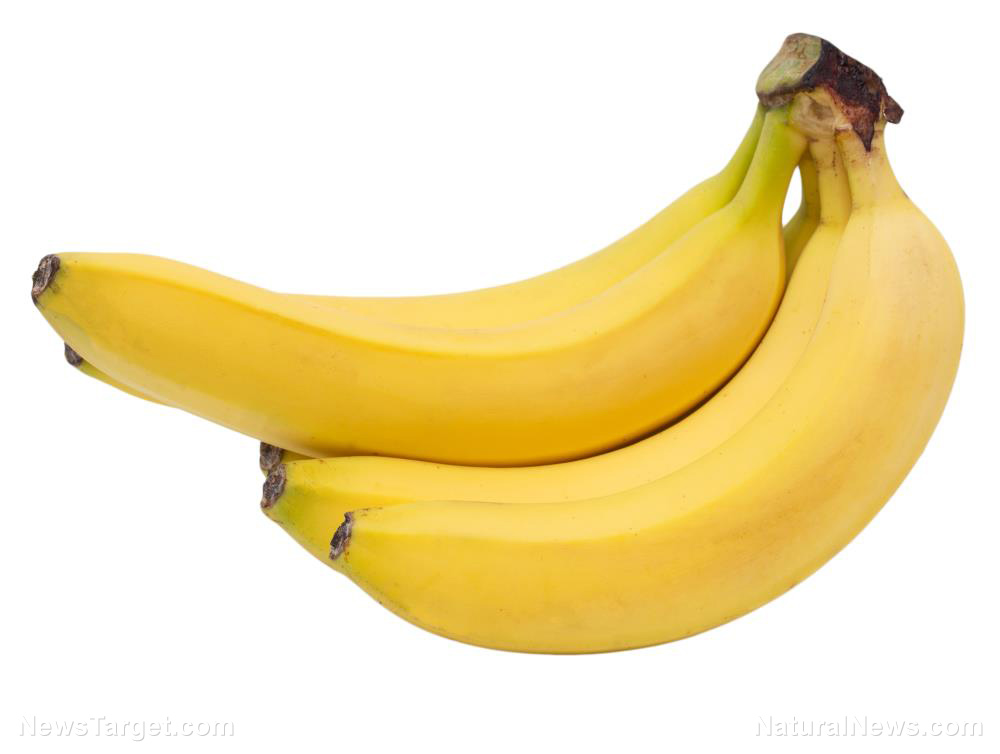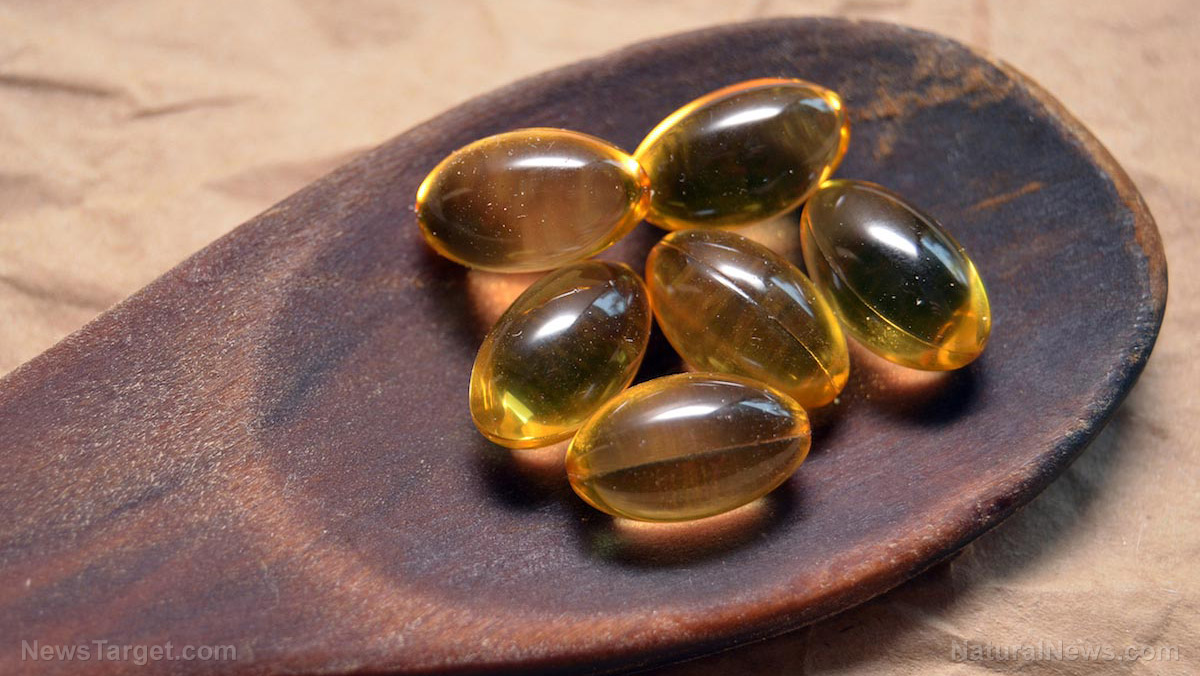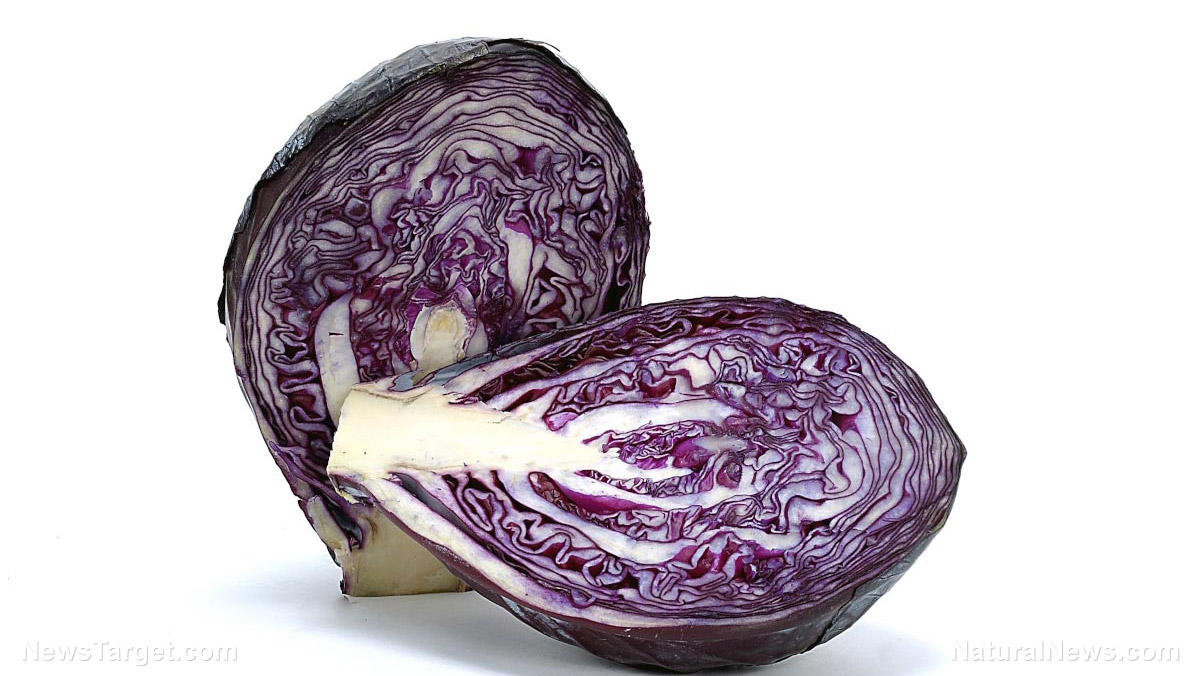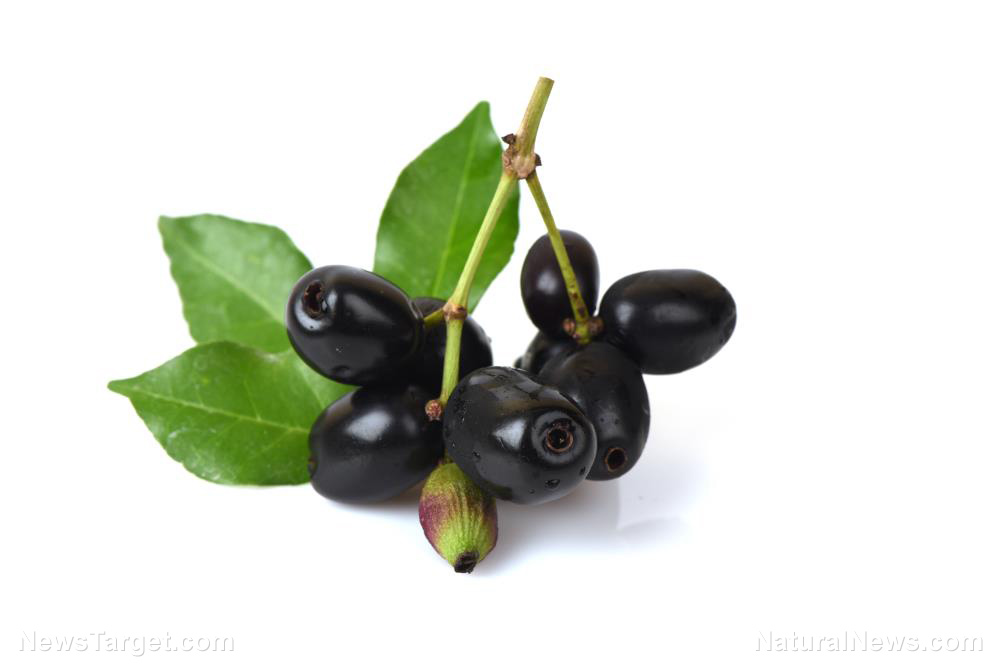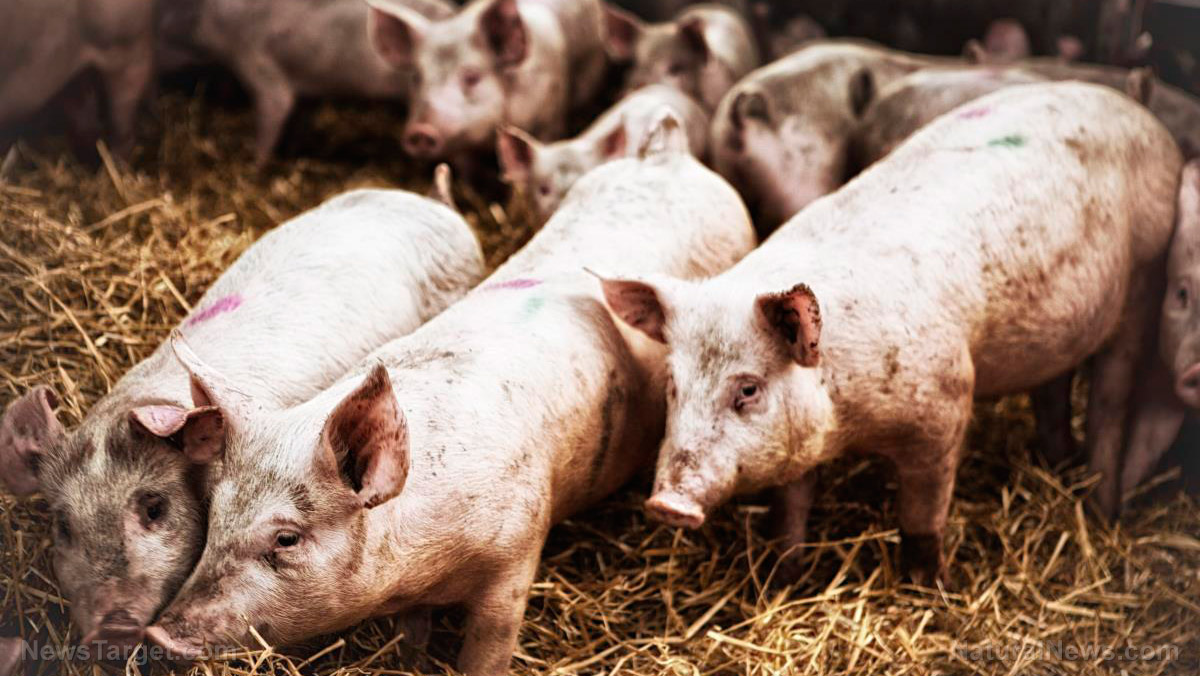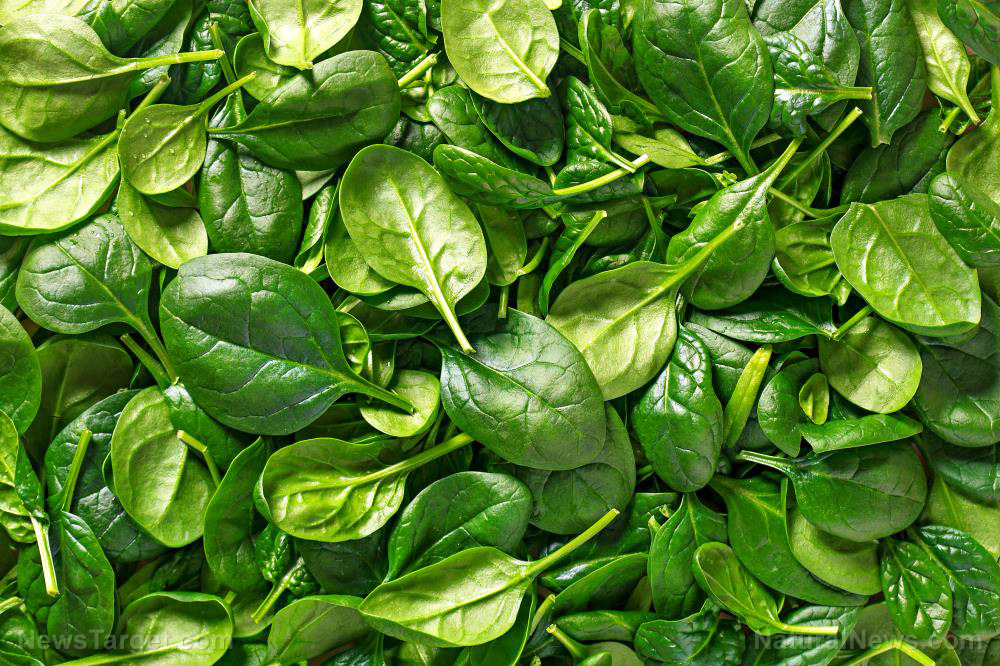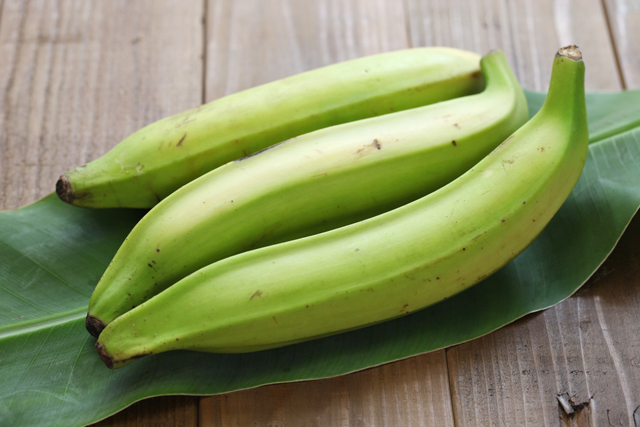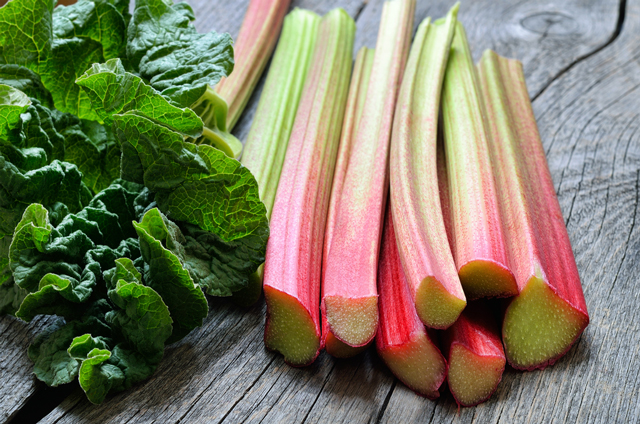Big pharma doesn’t want you to know about this potent healing food
10/11/2017 / By Derek Henry
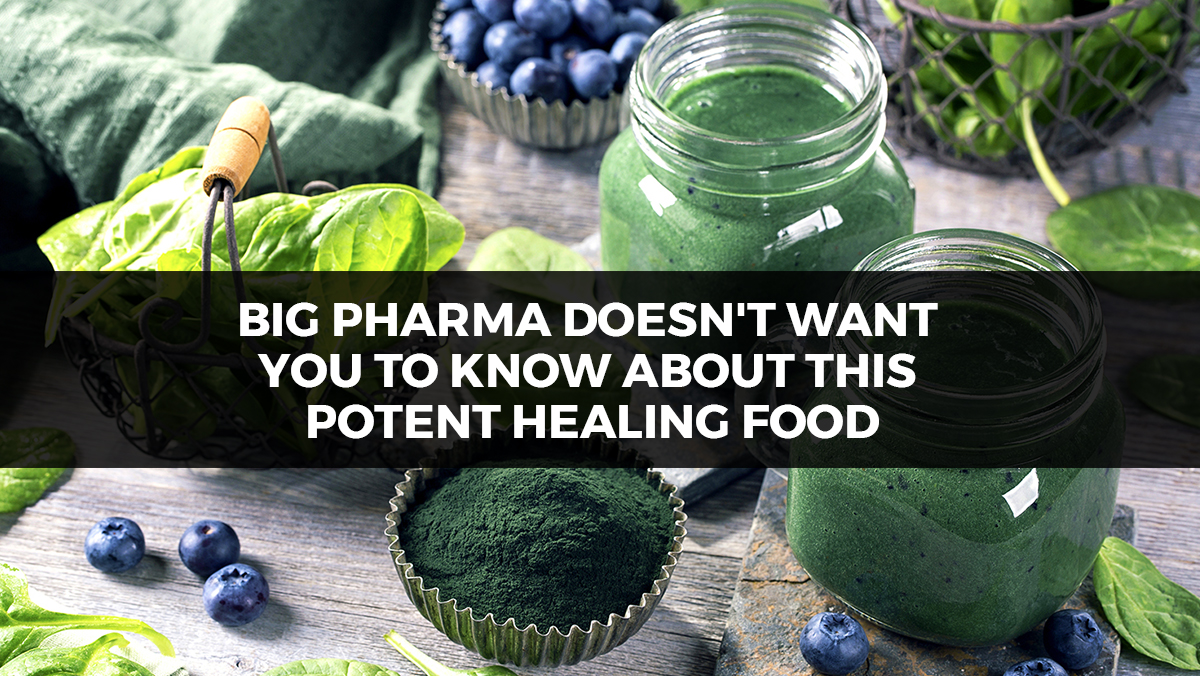
When evaluating your health, it really comes down to two things — nutrient levels and toxic burden. For years the focus has been on removing toxins from the body, which is why the words “detox” and “cleanse” are seen in nearly every health program created. Of course, cleansing is a very important part of the healing process, but what often gets ignored is nutrient deficiencies which is a serious problem.
This is why going after the detox process with stimulating herbs and solutions that crank up the detoxification organs is a myopic approach to good health. For one, this process can tax these organs that are not prepared for the potential onslaught of toxins which can make things worse, and two, it doesn’t address the other half of the equation for healing, namely, nutrient deficiencies.
So, if you want to truly heal your body and optimize it’s overall function, cleansing and balanced nutrient stocking is your best combination. Therefore, perhaps it’s time to reconsider the harsh herbal detox programs and synthetic multivitamins, and reach for a potent healing food that does both.
The power behind spirulina
Spirulina is a microscopic blue-green microalgae cultivated in fresh water and has been around for a few billion years as one of the earliest and simplest forms of life on the planet. It is incredibly nutrient-dense and supports the body’s natural detoxification process, which makes it a perfect addition for anyone seeking deeper healing and optimal health.
The first thing to admire about spirulina is its comprehensive nutritional profile. It is extremely difficult to get so many nutrients in such a perfect balance in our diet, but spirulina is a powerhouse of nutrition and provides many essential nutrients in a single serving. Check out these amazing nutritional stats on spirulina. It is:
- A complete plant protein (58 percent protein by weight).
- A great source of B-vitamins, including B-12, which is difficult to get in plants.
- Also a source of vitamins A, C, E, and K.
- A great source of minerals, especially iron, copper, magnesium, manganese, potassium, zinc, phosphorus, calcium, and selenium.
- An excellent balance of omega-3 and omega-6 fatty acids.
- A superior source of chlorophyll (life blood of plants).
- High in nucleic acids (RNA and DNA).
- A great source of antioxidants, including beta carotene.
- Rich in enzymes.
[Read more about spirulina at Superfood.news.]
With a nutrient profile this encompassing, and the alkalizing effect that comes as a result, it’s not real surprising why health enthusiasts flock to this miraculous superfood! Those that are also concerned about the sustainability of the cattle industry and its effect on the environment would be happy to know that spirulina produces two hundred times as much usable protein as cattle ranching, acre per acre!
So what bodily processes does spirulina support and who could benefit from its daily use?
- Those with poor digestion and assimilation (mico-algae are easy to digest and absorb).
- Those with higher protein needs, without the expense of consuming properly raised animals (grass-fed) and larger amounts of grains.
- Those looking to improve their iron levels, without consuming excessive amounts of meat or green leafy vegetables (spirulina has 58 times more iron than raw spinach, and 28 times more than raw beef liver).
- Those looking for a multivitamin, who appreciate the natural spectrum of nutrients in spirulina, without the synthetics, GMOs, and artificial ingredients in most multivitamins.
- Those who exercise a lot or do strength training.
- Those on low carb, high protein diets like the Paleo diet.
- Those who are frail, have trouble gaining weight, or are malnourished.
- Those looking to alkalize their body in a simple and convenient way.
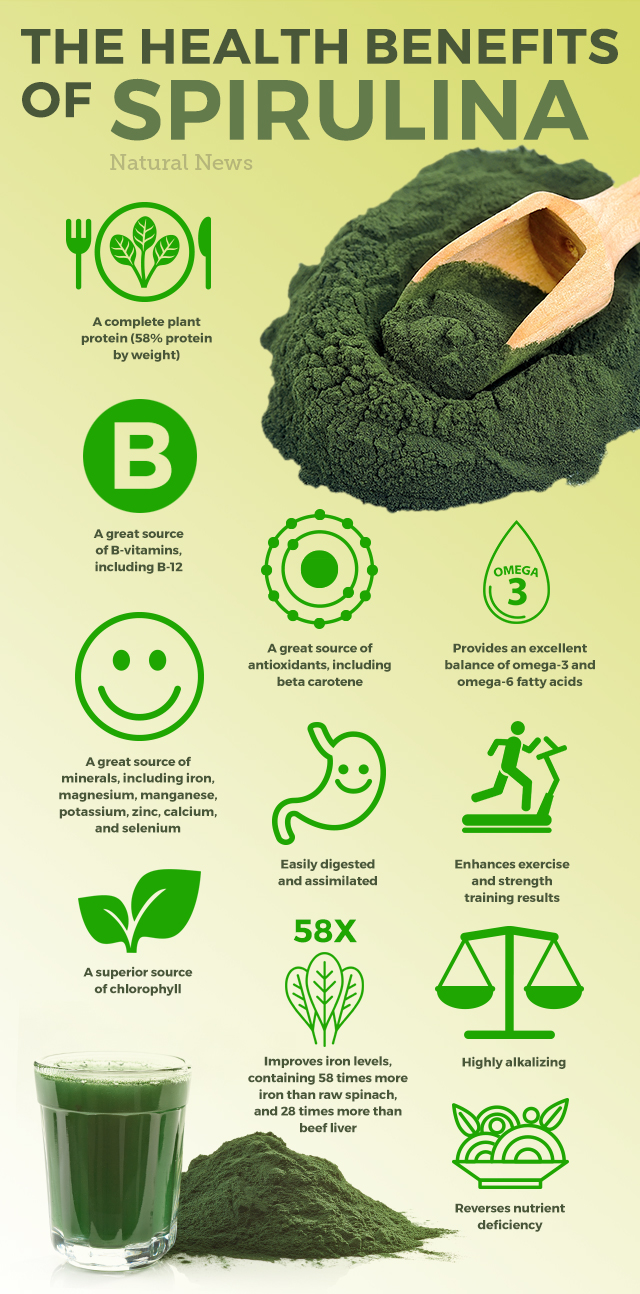
An important factor to consider with all of this is that not all spirulina is created equal. Many products are grown in toxic regions like China and therefore compromise the benefits noted above. This is why spirulina grown in more pristine regions like Hawaii, and in environmentally responsible facilities are important factors to consider.
Fortunately, there are a few spirulina products that adhere to higher standards, and the Health Ranger Select Hawaiian Spirulina is one of those options.
Eating to overcome health concerns can be a full time job, and the same could be said for achieving more lofty health goals. However, if you add in a nutrient dense superfood like spirulina into the equation, your life just may get a bit easier and your body a lot more healthy.
Sources include:
Tagged Under: green foods, microalgae, natural remedies, nutrition, spirulina, supplements

